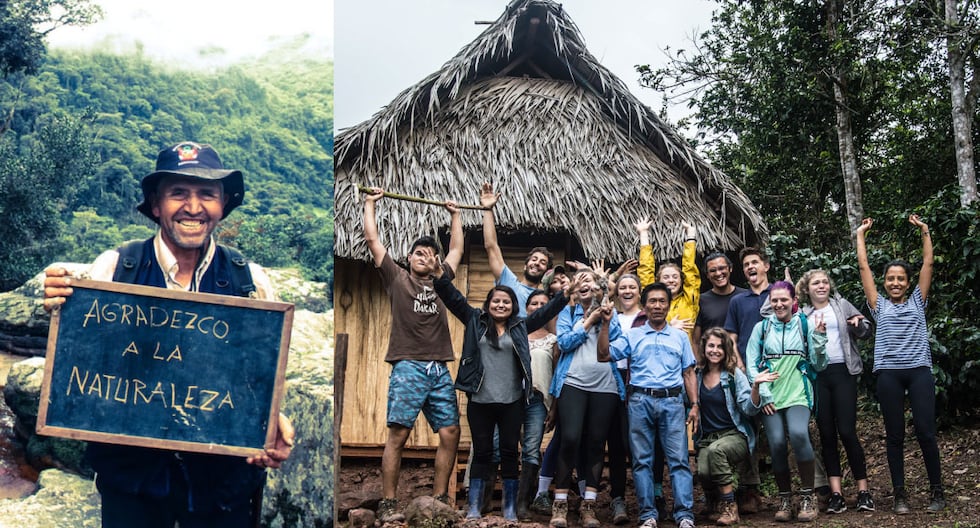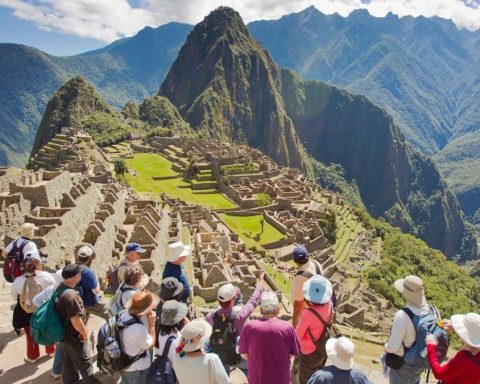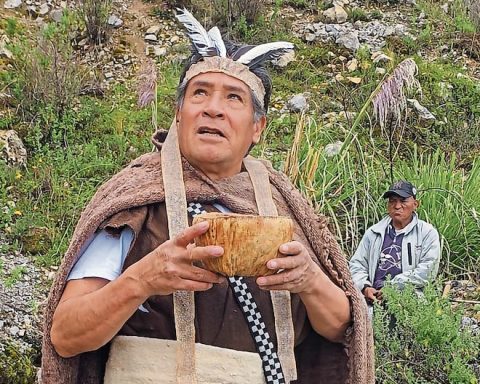Although Peru does not have destinations classified as sustainable tourism, there are tourism products that include factors that minimize environmental impact and have sustainable practices.
The coordinator of the Tourism and Administration Career of the Peruvian University of Applied Sciences (UPC), Zizi Revilla, He explained that this type of visitor experiences seek to minimize a negative impact and conserve natural resources. “This is an approach to tourism activity that seeks to minimize the negative impact on the environment, culture and local economy, while maximizing benefits for host communities and tourists.”he explained.
LOOK: Arequipa: There will be sanitation of residents’ homes in Cayarani
Some of these products that the country offers to visitors are:
- Community tourism in the Amazon
Where communities such as the Shapaja or Yaguas offer tourist experiences to visitors so they can learn about local culture, biodiversity, among others.
- Guided tours by local organizations
They provide ecotourism experiences in the jungle, such as in National Parks, or through immersion in ecological lodges, which provide environmental education to tourists and focus on environmental conservation.
- Rural tourism, like in Cusco
Where experiences are offered that support sustainable agriculture and the conservation of the Andean landscape, in addition to giving tourists a vision of traditional rural life.
Restaurants using local and sustainable ingredients that help promote responsible food practices in the tourism industry, something extremely important in a country like Peru, which has great culinary wealth.
LOOK: Third day of sit-in in the Regional Government of Arequipa by workers
For the UPC academic, it is crucial that tourism operators, who seek to be part of the change, continue to promote key strategies such as education and awareness about sustainable practices, providing clear and accessible information.
“Efforts are being made to promote sustainable tourism from various fronts, starting from MINCETUR, which generates initiatives such as sustainability certifications, national strategies, promotion of sustainable routes and destinations and alliances with other entities.”he explained.

















